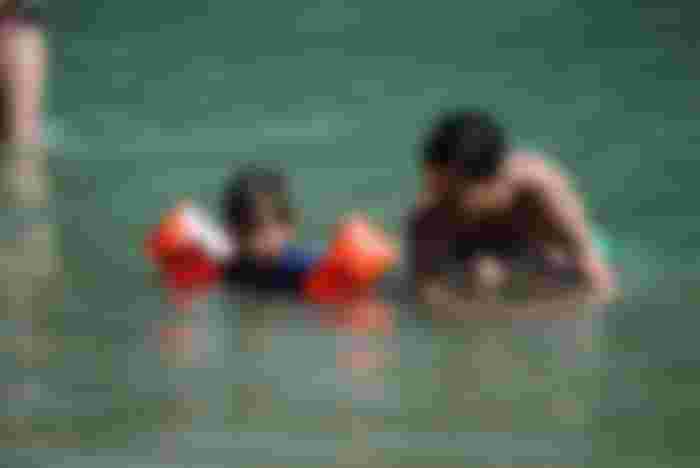5 Ways to Educate Children to Grow Smart

One of the obligations of parents is to know how to educate children to be able to guide them well so that later they have a positive character and are also smart in dealing with everything in their life. Therefore, mothers need to enrich themselves with various parenting patterns and learn what needs to be taught to their little ones from an early age. Check out a review of some tips or how to make smart and intelligent children that you can apply while guiding children below.
What is the purpose of learning how to educate your children?
most people still think that the key to success is intelligence or skill. In fact, many studies show that focusing too much on these two things can actually make individuals more prone to failure, afraid of challenges, and not ready to learn.
And most importantly, you need to focus more on the process of growing your chilld. Success is important, but the process of achieving it is the more important aspect. Being smart doesn't mean you have good grades in school or you won some leagues. The way to raise children is to do it so that the little ones will be wise in living life and always motivated to be better.
There are several strategies as tips for educating children that can be a reference for parents:
1. Always spend time with children

Most parents must spend time with their young children. However, you are encouraged not only to guide them to play, but also to take part in every activity to make the kids smarter and smarter.
Invite your child to play, such as reading a book or doing physical activities such as a leisurely walk. In addition, you will also learn how to get along when he comes to school. By socializing or chatting, you'll know which friends he likes, and you can also teach him some important things about socializing.
2. Be a good example for your child to follow

If you expect your child to have a trait, do so first. Children will learn more easily if they observe the habits or behavior of their parents.
Everything your child will follow, from the way you take care of yourself, the way you socialize, the way you solve personal problems, to the way you control your emotions until your little one learns what to do, what is wrong, and what is good .
In other words, parents must set an example for their children. This way of educating children is more effective than saying a word to them.
3. Teach your little one to be able to appreciate something and always be grateful

Words like "thank you," "please," and "you're welcome" are simple steps that parents can start teaching them to show respect for others.
For example, you can give an assignment that fits your ability and then say "thank you" every time she finishes it. In this way, your little one will be able to appreciate other people more.
4. Give gifts every time your baby does something

Quoted from the American Academy of Pediatrics, every time you see your little one doing something positive, always praise him as a kind of appreciation. Praise from those closest to you is one of the most valuable gifts for a child.
5. Encourage children to take risks and experience failure

Even if your parents protect your little one from nature and protect them from anger or resentment, they can take risks and experience failure, they can learn important life skills from an early age.
Anxiety arises when a child is not used to taking risks and taking the best steps and moving on. If you encourage children to fail at a young age, they will no longer be afraid when they grow up to face life's challenges.
So how to educate children to be smart is not always sitting at a table and studying different topics. By familiarizing your child with the basics of life, success will guide all these processes and he will be smarter in the face of challenges.
Thank you for visiting and reading my article.






I guess most of the parents today failed in number two. Some never cared if they argue in front of their children, shouting like there's no tomorrow, beating a wife, even letting the children buy liquor, cigarettes for them, being the drunkard in front of the child, etc.